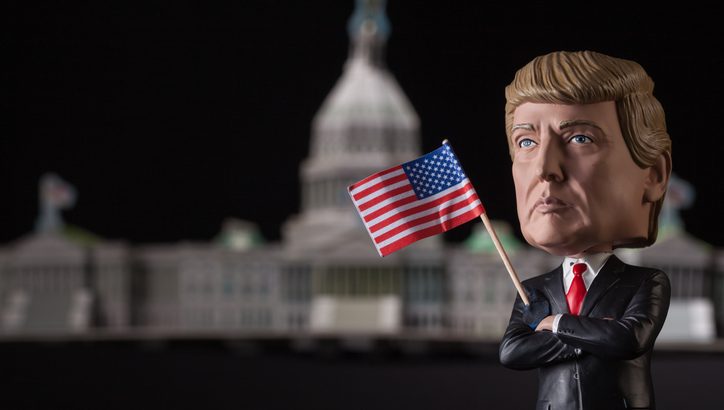“I think that the run-up in inequality that we’ve observed in recent years is closely tied to a set of social policies that have produced virtually unlimited capacity to generate extraordinary levels of wealth. … In short, I think we can look directly at a set of policies and, more recently, at the advent of the Great Recession to understand the rise in economic inequality,” says economist William “Sandy” Darity, the Samuel DuBois Cook Professor of Public Policy at the Sanford School of Public Policy.
Read More From The Washington Center for Equitable GrowthTag: Sandy Darity

For Reparations: A Conversation With William A. Darity Jr.
“I think (the racial distribution of wealth and reparations) are very much connected,” says public policy professor William “Sandy” Darity. “I think that the growing interest on my part in reparations is actually what propelled me to pay closer and closer attention to racial wealth inequality. I certainly think that one of the objectives of a sound reparations program should be closing the racial wealth gap. In fact, I think that’s an important objective.”
Read More on The Next System Project
Benefits of a Federal Job Guarantee
“Not only would a federal job guarantee bring justice to the millions who desire work, but it would also address the long-standing unjust barriers that keep large segments of stigmatized populations out of the labor force,” write public policy/economics professor William “Sandy” Darity, postdoctoral associate Mark Paul and a colleague.
Read More in Jacobin
What Trump’s Cabinet Says About Race and Class in America
If a black American gets additional education, the extra degrees could improve his position relative to other blacks, but he cannot expect to close the wealth gap or unemployment gap with most white Americans, says William “Sandy” Darity, a professor of public policy, African and African American studies and economics. “If you think about cabinet positions as another facet of attaining a job, then we are seeing the same kind of discriminatory mechanisms operating there as well,” Darity said. “For black appointees to get into the mix, they have to have the highest level of credentials, and that is not the case for white appointees.”
Read More in The Washington Post
